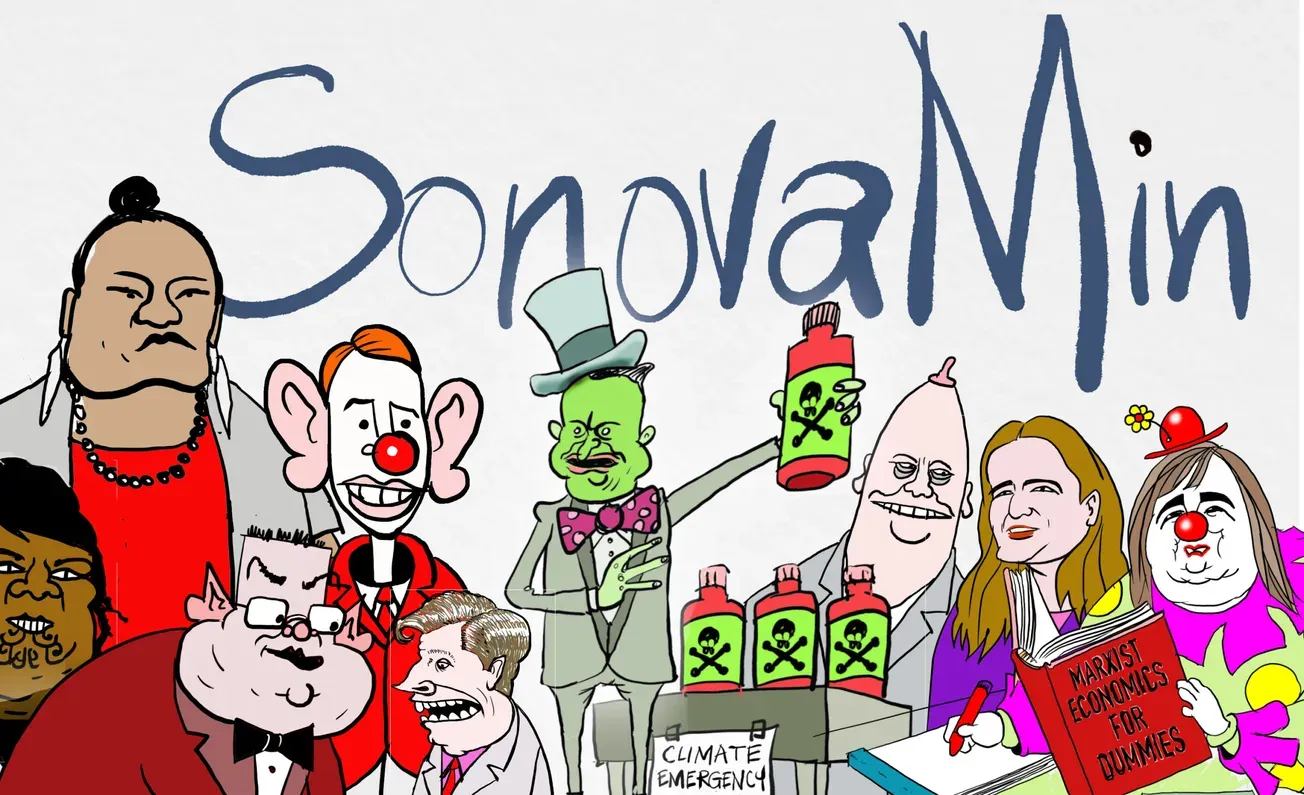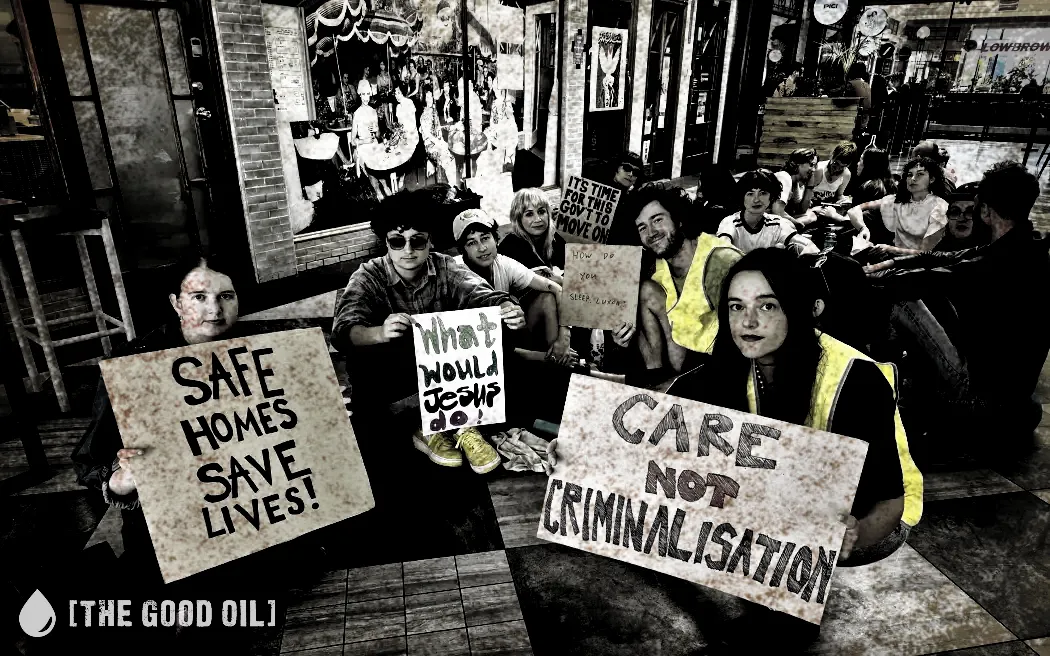Table of Contents
Hannah Cox
fee.org
Hannah Cox is the Content Manager and Brand Ambassador for the Foundation for Economic Education.
“My first wish is to see this plague of mankind banished from the earth.”
George Washington wrote that about war in a letter in 1785, and unfortunately, 200 plus years later, we have yet to see this wish (that so many have fervently joined him in) come to pass.
War is a gruesome, banal, horrific event. Its realities are so traumatizing and inhumane it boggles the mind that men and women continue to sign up to participate in it.
But, as Ron Paul recently put it, the American people have good anti-war instincts. Regrettably, the war propagandists always work to grind them away.
Those propagandists have certainly been working overtime in recent weeks as the world has watched Russia invade Ukraine and the resulting humanitarian crisis unfold.
Unlike previous wars, this one is playing out on social media—you can literally watch videos of people in the field on Tik Tok and Twitter. And being able to watch war play out up close and in person is having an impact on many American people—but not necessarily in the way one might hope.
While polls show the vast majority of Americans (and especially veterans and military members) are opposed to intervention, videos of Ukraine’s president Volodymyr Zellenskyy staying to fight for his country have galvanized popular support for the previously lesser-known leader. Tik Tok in particular is filled with videos thirst trapping for Zelenskyy. You’d think women just found their new favourite boy band leader.


And that isn’t the only place he’s being lionized. Twitter is also filled with stories of his bravery and his famous quote, “I don’t need a ride, I need ammo.”
In a stroke of irony, Russia, historically renowned for its mastery of propaganda, appeared to realize it is losing the information war. As of last week, the Kremlin banned Facebook and Twitter and it is implementing a crackdown on media outlets that tell the truth about the country’s actions.
Why It Matters
Let’s be clear about a few things here: this is all spin. We may be dealing with war, but there is still a political PR machine whizzing away in the midst of all these stories, and the dramatization of events, the images you’re seeing, they have an impact on people. Stories have the ability to pull heartstrings, which in turn can sway the way the public feels about our foreign policy.
So let’s make sure we’re on the same page about a few things here: Putin is a vile leader with no respect for human life. But does that make Zellenskyy the “good guy?” No. Let’s not forget this man is also conscripting his people to fight for him. On top of that, his record on free speech and press freedoms is also notoriously bad. We can condemn one without lionizing the other.
Frankly, these videos and the social media fawning are, well, weird. Can you imagine looking back on WWII and seeing videos of women lusting after Churchill or Stalin? It will be an odd bit of anthropology to look back on decades down the road.
Let’s remember, though, that the people who control the narrative often control the outcomes.
In the 1960s, during the Vietnam War, many anti-war advocates hoped that the imagery of war on TV screens would be a game-changer. Their theory was that bringing the horror of battlefields into the living rooms of Americans would stir people against war. And while the topic is still debated, there’s reason to think that it did.
So too is there reason to think that the imagery of war currently playing out on social media may influence this conflict. But Americans need to be on guard against the propagandists who are already seeking to use these images to stir up support for intervention instead of support for an anti-war position.
Albert Einstein once said, “Nothing will end war unless the people themselves refuse to go to war.” That won’t ever happen unless the people become wise enough to see through the theatre and propaganda of war.
Watching war play out is atrocious. But nothing is ever solved by sending more people into battle. As it is, the majority of people fighting in Russia and Ukraine have no understanding of why they’re there. They’re conscripted, emotionally manipulated, spurred to hatred by lies. They fight for political reasons that matter little to anyone but the oligarchs that rule them.
As James Madison wrote in The Federalist Papers, 10, “So strong is this propensity of mankind to fall into mutual animosities, that where no substantial occasion presents itself, the most frivolous and fanciful distinctions have been sufficient to kindle their unfriendly passions and excite their most violent conflicts.”
Watching injustice play out, specifically, the injustice of war, rightfully causes emotions to run high. But we must be on guard against the theatre of war and the narrative that sending more people into battle will protect human lives. It won’t.
This article was originally published on FEE.org. Read the original article.







